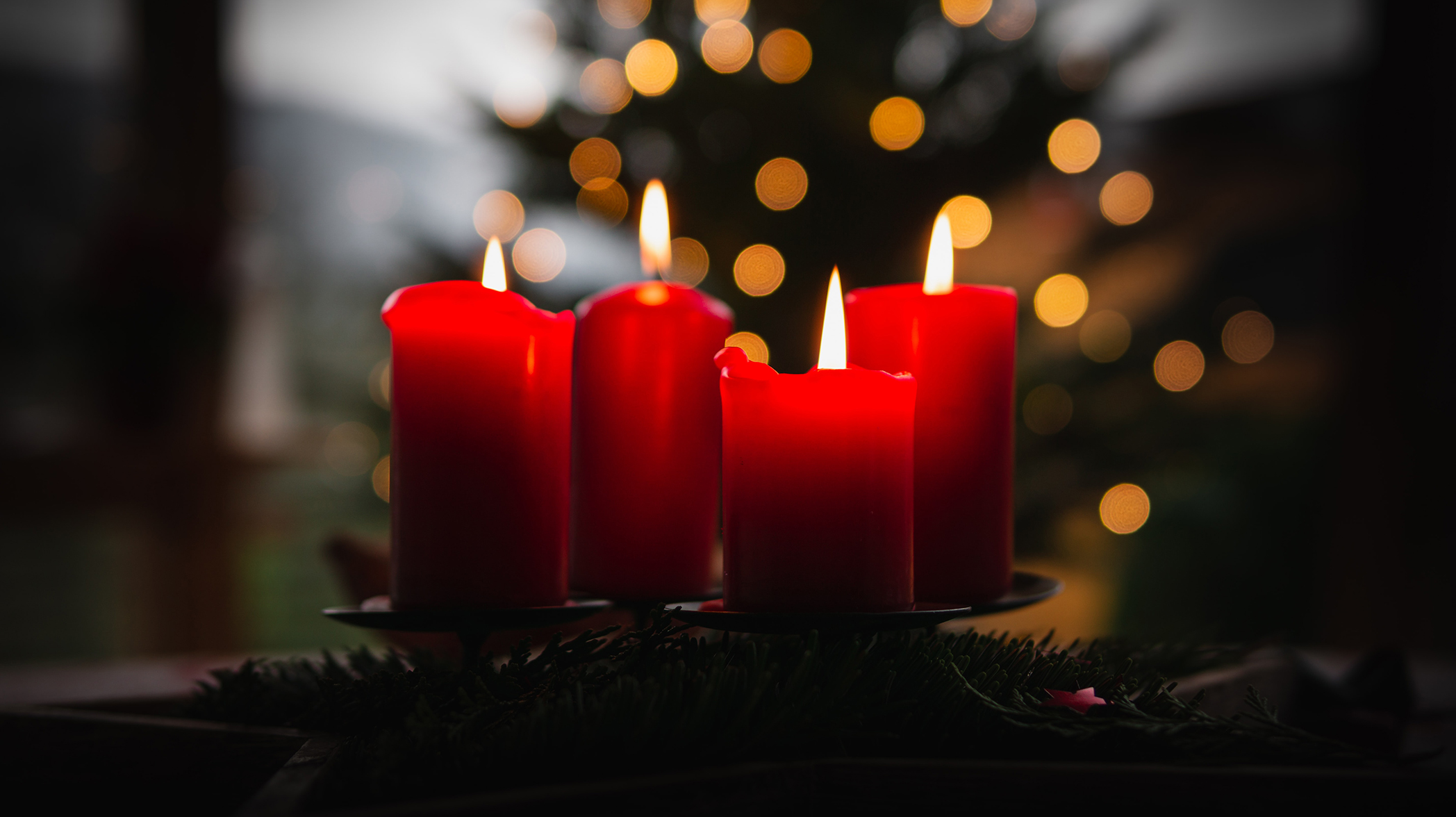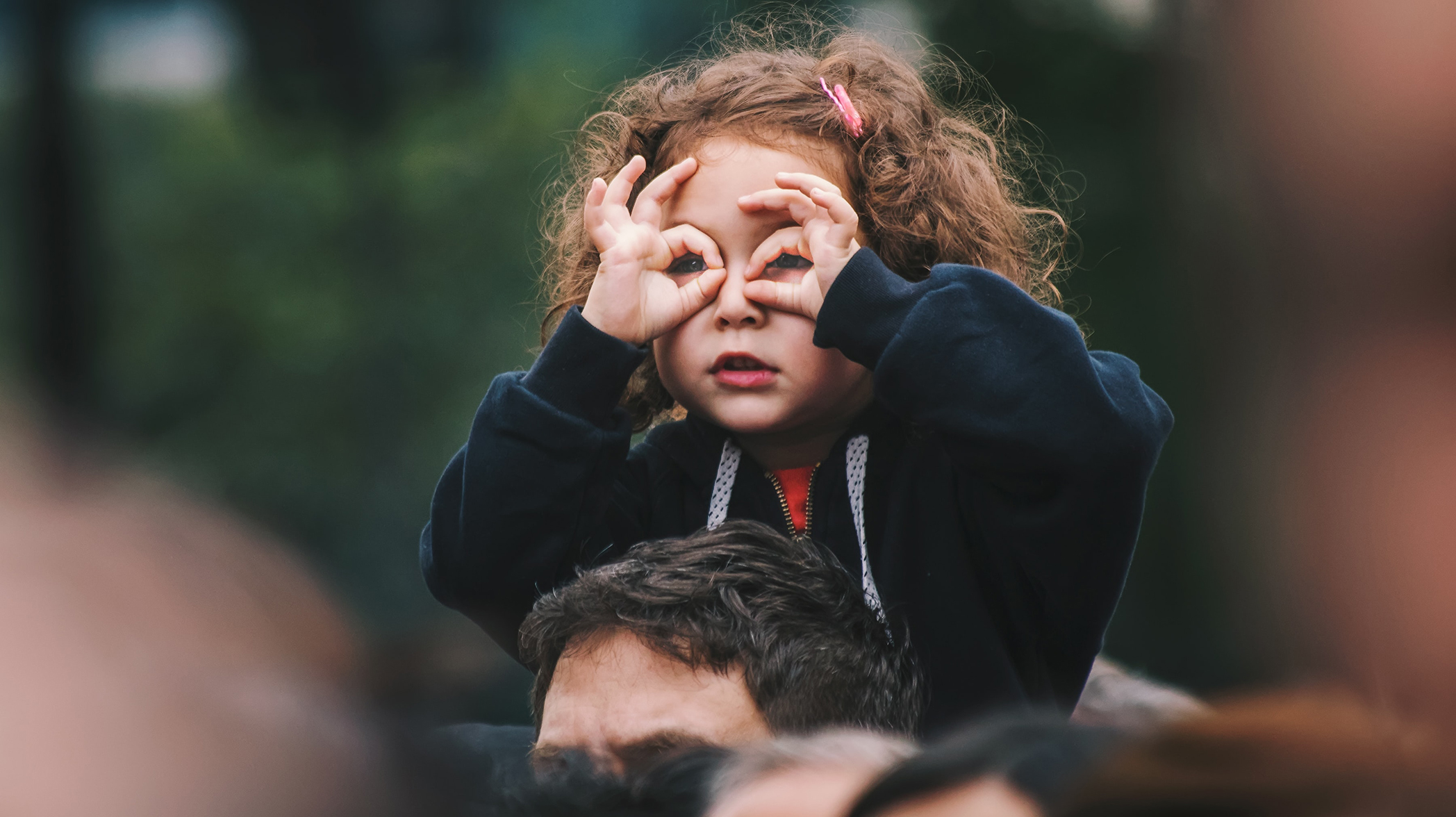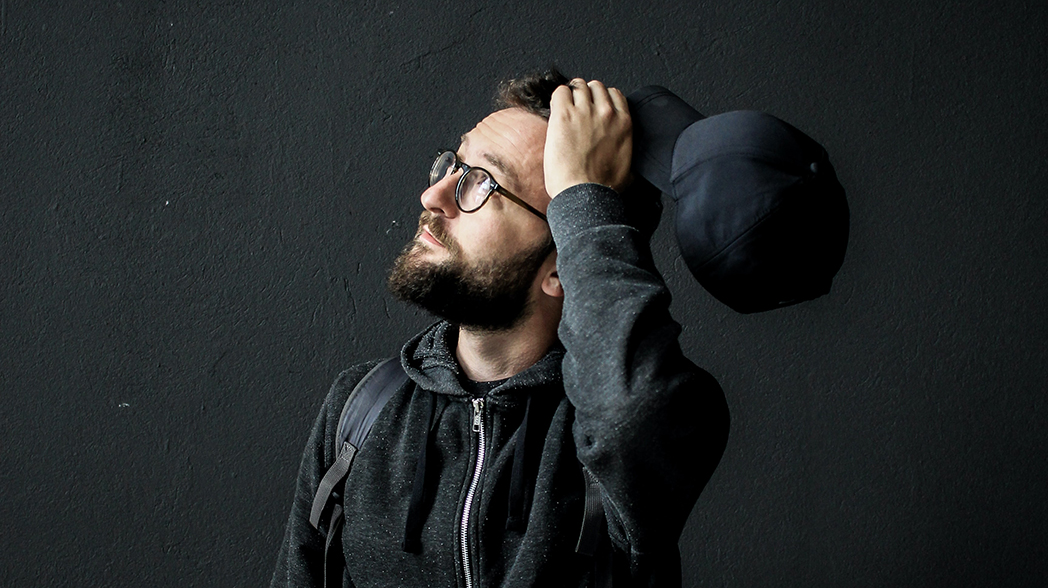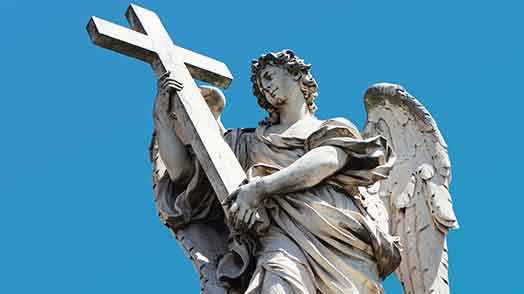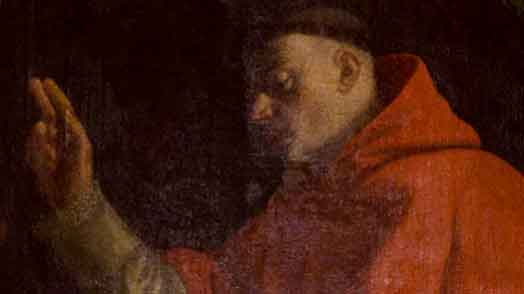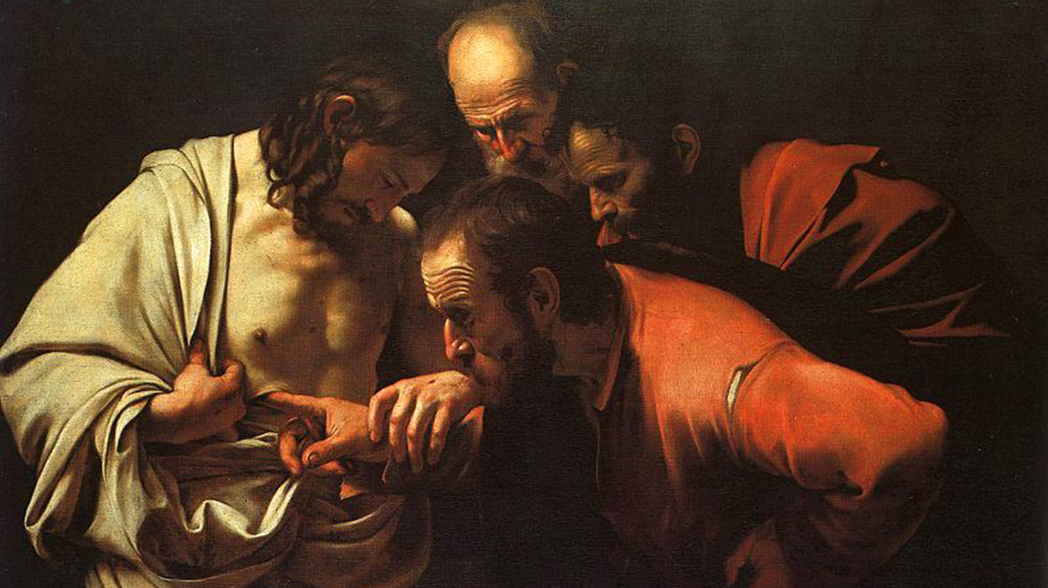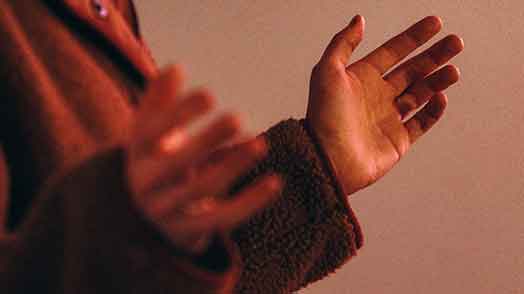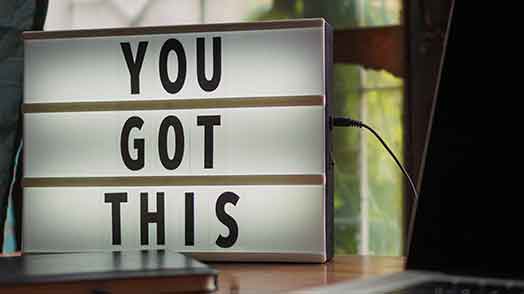By Fr. Tom Zelinski, OFM Cap.
We come again to the season of Advent. It is good for us to look again at the basic themes of the season. As we know, “Advent” refers to “approaching” or “coming toward.” God in several ways has come to us and continues to do so. Of course, God is always with us. But in our perception and imagination, there is a sense that we need to experience more of God.
We do this every year. Our liturgical year is a repetition of familiar things. It is good to repeat, and recognize that it’s not “the same old thing” every year. Something has happened to us, simply in living through another year. So in this season, there is always something old, something new.
It is good to repeat the old, the familiar. There is stability and comfort in that. Our human spirits need the comfort of the familiar. We have memories of Advent and Christmas of the past. We rejoice in the familiar story of the birth of Christ. We rejoice in all that story has meant to us from the time of childhood.
And yet, as adults, we need to be challenged by the constant theme of our unfinished lives: God in Christ has more to do with us. And so, we need the ringing message of early Advent. Stay awake! Be alert! The Kingdom is at hand! We have heard that message before, but it continues to call to us as we proceed on our journey.
So let us rejoice in the familiar, comfortable things of this season, but let us be ready for the new thing which God wants to do in us. Come, Lord Jesus!
